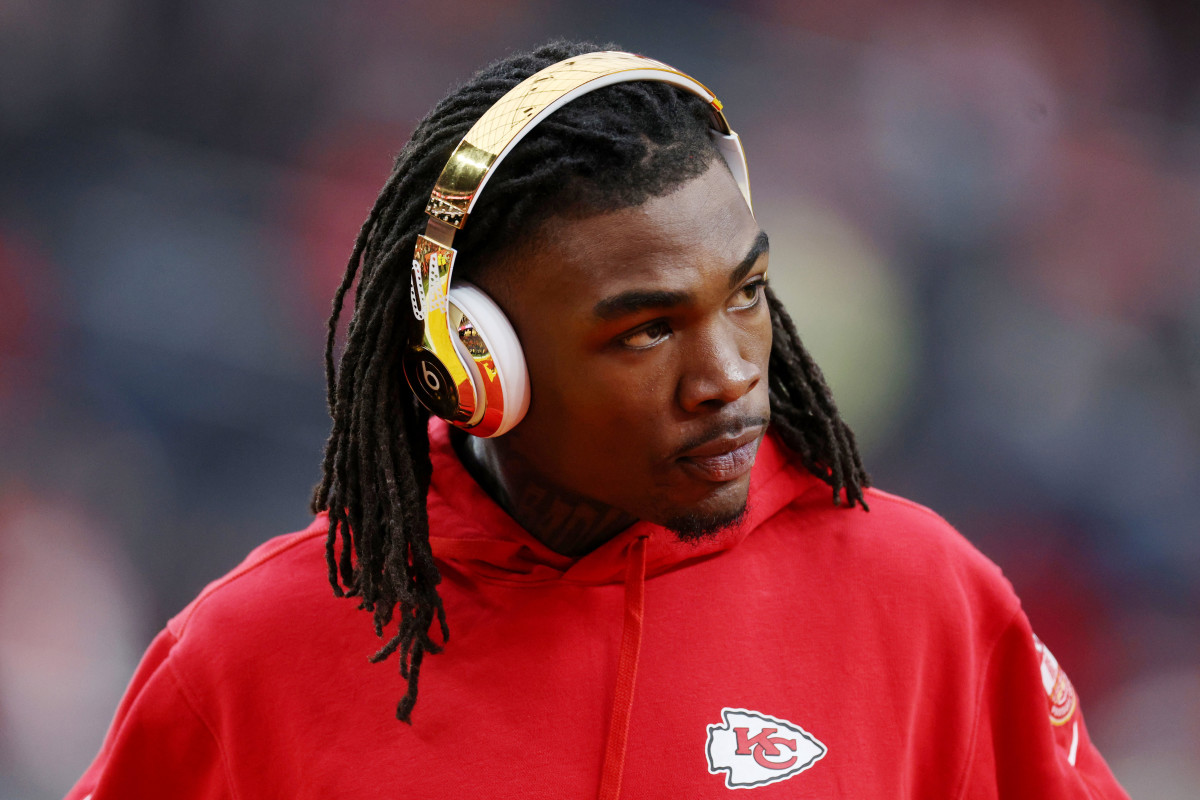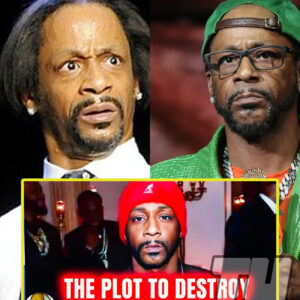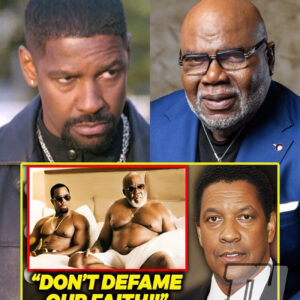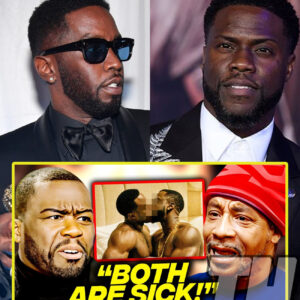In a surprising twist of public opinion, NFL kicker Harrison Butker is currently facing more backlash for a recent speech than wide receiver Rashee Rice is for his involvement in a life-threatening hit-and-run incident and the subsequent assault of a photographer.
This disparity in reaction highlights the sometimes perplexing nature of public and media scrutiny.
Harrison Butker, known for his precision on the football field, recently made headlines for a speech he delivered at a commencement ceremony. The content of Butker’s speech, which touched on controversial social and political issues, sparked a significant backlash.
Critics have taken to social media and various platforms to express their displeasure, accusing Butker of being out of touch and using his platform inappropriately.

Meanwhile, Rashee Rice, another prominent NFL player, is embroiled in a far more severe controversy. Rice was involved in a hit-and-run accident that left a victim with serious injuries.
In the aftermath of the incident, Rice also allegedly assaulted a photographer who was attempting to document the scene. Despite the gravity of these actions, the public and media response has been relatively muted compared to the uproar over Butker’s speech.
This situation raises important questions about the nature of public outrage and the factors that drive it. Why is a speech generating more heated debate and condemnation than actions that endangered lives and involved physical violence? Several factors might contribute to this phenomenon.
First, the immediate visibility and viral potential of a speech given at a public event cannot be underestimated.
Butker’s remarks were widely shared and scrutinized, magnifying the impact of his words. In contrast, details about Rice’s incident have been less widely disseminated, possibly due to the nature of how such news is reported and consumed.

Second, the content of Butker’s speech likely touched on divisive issues that are deeply personal and polarizing for many people. When public figures wade into controversial topics, it often sparks intense emotional reactions.
Rice’s actions, while undeniably serious, may not evoke the same level of immediate, visceral response, particularly if the full details of the incident are not as widely known.
Finally, there is the element of expectation and perception. As an athlete delivering a commencement speech, Butker may have been expected to maintain a certain level of neutrality and focus on universally inspiring themes.
Deviating from this expectation can lead to stronger backlash. On the other hand, while Rice’s actions are criminal and reprehensible, the public may be more desensitized to such reports, especially if they involve off-field behavior that does not directly impact their perception of his athletic performance.
In any case, the disparity in reactions to Butker’s speech and Rice’s actions serves as a stark reminder of the complexities of public and media judgment.
It underscores the need for a more balanced and informed approach to holding public figures accountable, ensuring that actions are weighed more heavily than words, particularly when those actions have serious, real-world consequences.
News
(VIDEO) Leaked Video PROVES Hollywood PLOT To DESTROY Katt Williams|How Katt Came Back BIGGER & BETTER
**The Untold Saga of Cat Williams: A Journey Through the Darkness of Hollywood** In the ever-evolving landscape of Hollywood, few figures have captivated and confounded audiences quite like Cat Williams. Over the years, his name has become synonymous with controversy,…
(VIDEO) Jada Smith FURIOUS Over LEAKED Will Smith AFFAIR PICS With Margot Robbie!
In the glitzy world of Hollywood, where the line between reality and fiction often blurs, scandals and rumors frequently make headlines, captivating audiences worldwide. One such scandal that has been swirling around Tinsel Town involves two prominent stars: Will Smith…
(VIDEO) Kevin Hart CONFRONT Katt Williams For REVELING His GAY AFFAIRS With HOLLYWOOD Elites
The entertainment industry is no stranger to controversy, and the recent feud between comedians. Kevin Hart and Cat Williams has once again put the spotlight on the dark underbelly of Hollywood. The clash between these two comedic titans has brought…
Diddy THREATENS Katt Williams For Helping The Feds With RAID..
Unveiling the Dark Side of the Music Industry: Allegations Against P. Diddy and Others In recent years, the music industry has been rocked by a series of disturbing allegations against prominent figures, including hip-hop mogul P. Diddy, also known as…
(VIDEO) 7 MINUTES AGO: Denzel Washington SENDS Terrifying Warning To TD Jakes & Diddy To EXPOSE Him
Tinsel Town is abuzz with the latest scandal, this time involving Bishop TD Jakes and his alleged fall from grace. Speculation about his involvement in high-profile events has ignited a storm on social media. Prompting even renowned actor Denzel Washington…
Katt Williams And 50 Cent RELEASE Video Of Diddy Getting Wild With Kevin Hart
Cat Williams Drops Explosive Revelations: Alleges Misconduct by Diddy and Kevin Hart Renowned comedian Cat Williams has once again sent shockwaves through the entertainment industry with. His recent appearance on the Club Shay podcast, where he made startling allegations…
End of content
No more pages to load











